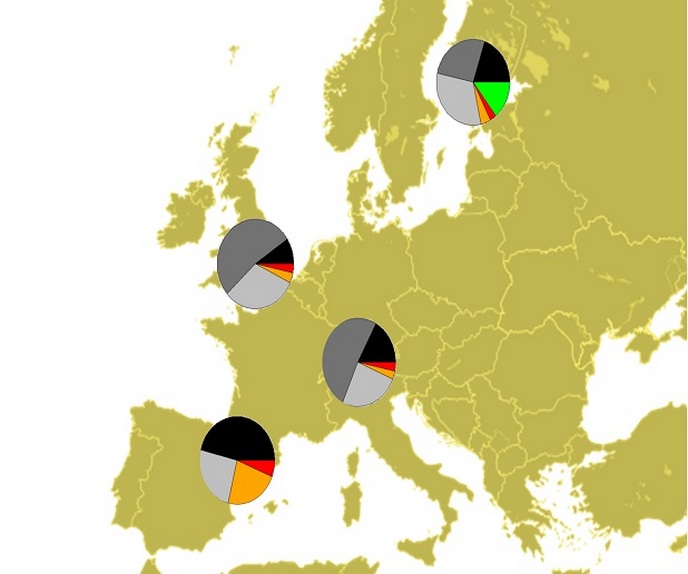Coordinating human biomonitoring across the EU
HBM is an effective tool for investigating human exposure to environmental pollutants and the potential health effects of such pollutants. The European Environment and Health Strategy as well as the Environment and Health Action Plan 2004–2010 of the European Commission recognise the value of HBM. The aim of the 'European coordination action on human biomonitoring' (COPHES)(opens in new window) project was to develop a framework for coordinating HBM research in Europe. The framework was used to collate experiences from existing and planned HBM activities in Europe and to improve the comparability of data across countries. Selection of participants, recruitment, field work and sample collection procedures were agreed and recommendations drawn up for the DEMOCOPHES pilot study and a future HBM survey. Sample handling and chemical analysis are extremely important issues in HBM studies and can present a potential source of contamination and error. Therefore, precise instructions were developed for these procedures. Scientists collected comparable HBM data and information from questionnaires across Europe. Researchers were able to collate a unique dataset of exposure biomarkers from more than 4 000 individuals (children and their mothers) from 17 European countries. This was achieved using strategies that harmonised analysis and facilitated the interpretation of data at the individual, national and European levels. A dynamic communication strategy was developed to disseminate results and communicate key messages to study participants, the general public and policymakers. Capacity-building needs were also identified and training modules developed for the different aspects of the HBM survey. As biomarker research is constantly progressing, horizon scanning was carried out and links to other projects identified to provide the very latest information on biomarker identification. The data generated through COPHES regarding HBM will help to inform policymaking and to evaluate policy effectiveness, thereby enabling decision makers to identify the most effective use of HBM in improving EU citizens' health and well-being.







